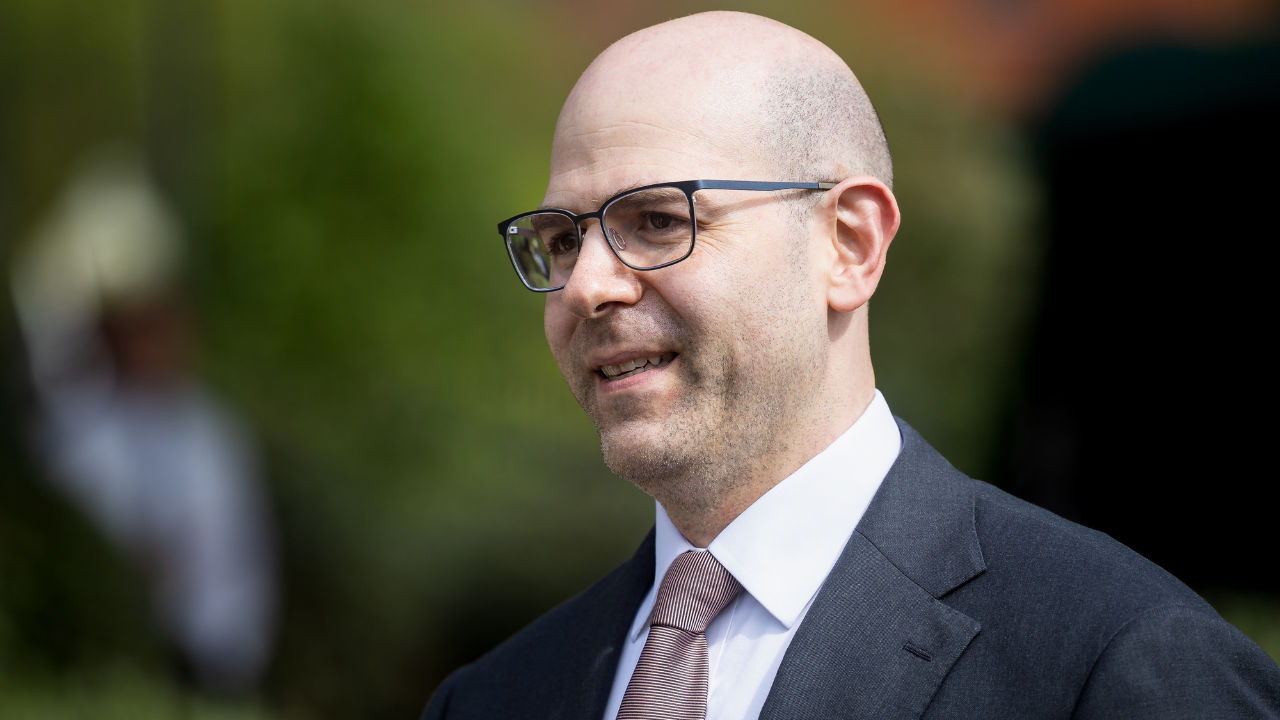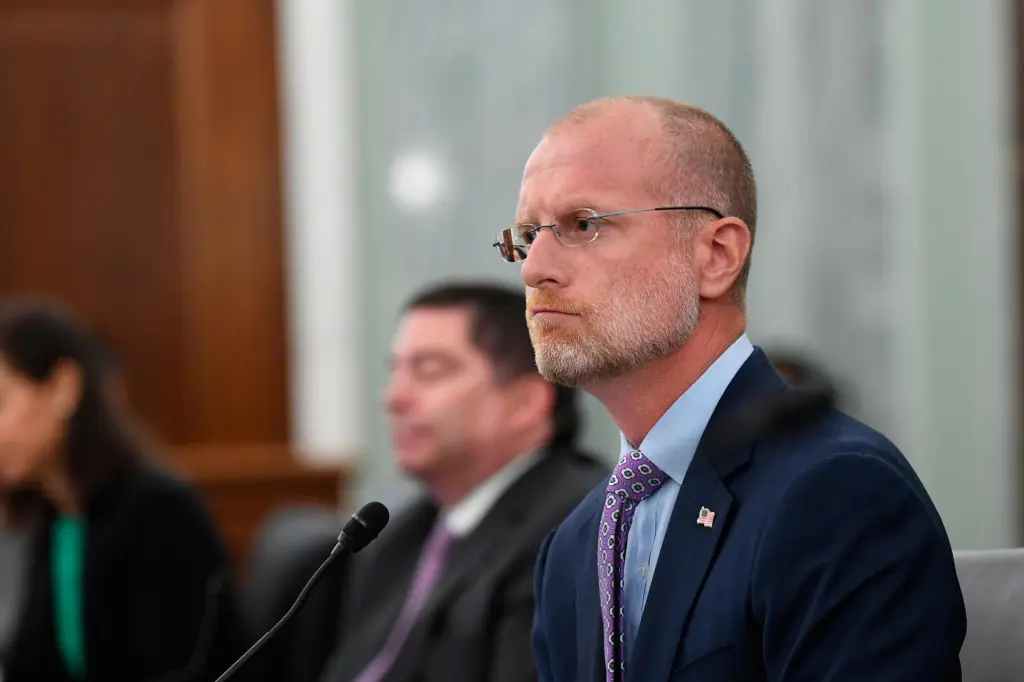
The campaign that brought Massachusetts a higher minimum wage and an earned sick time law in 2014, a paid family and medical leave law in 2018, and the new surtax on high-income households in 2022 is hitting the road this week to force a new shift in state spending and tax policies.
Starting with a town hall Thursday in New Bedford, the union-backed umbrella group Raise Up Massachusetts plans similar gatherings throughout October designed to drum up support and momentum for proposals the group says could make about $1.6 billion in revenue available to offset some of the coming cuts in federal spending.
Health care workers and educators will speak at the town halls about expected impacts of federal Medicaid and food and nutrition aid cuts on patients and students, the coalition said. Patients and families will warn of negative impacts of health insurance coverage losses, the group said, and surface the threat of hospital closures and teacher layoffs if the Legislature does not intervene to take the sting out of major federal aid losses in the coming years.
The coalition wants the Legislature to pass a measure that could generate $400 million in new annual revenue by raising the share of offshore profits subject to the 8% corporate tax from 5% to 50%, a level it says is in line with the approaches taken by other states and the federal government. The change, it says, will make “billionaire global corporations like Apple, Amazon, McDonalds, & Walmart pay their fair share in state taxes” — the “fair share” slogan was also central to the coalition’s 2022 campaign to tax higher-income households.
The coalition’s second ask, one that could put $1.2 billion in one-time revenue on the table to plug spending gaps, would cause Beacon Hill to go somewhere it hasn’t gone since the administration of Gov. Deval Patrick, which pulled $140 million from the state’s savings account in fiscal year 2015.
State government in recent years has amassed more than $8 billion in the rainy day reserve account. Coalition members say it’s appropriate to tap 15% of the fund, or about $1.2 billion, in response to federal cuts. They say the move would still leave a significant balance in the fund to respond to future economic downturns.
“Unless we act, these cuts will harm everyone in Massachusetts,” the coalition wrote in a Sept. 15 letter to all 200 state legislators. “Our healthcare system is already incredibly fragile, and without state action, hospitals, community health centers, and nursing homes will be forced to close their doors. Children, families, and seniors will go hungry and postpone needed medical care. Students will struggle in underfunded schools, and be forced deeper into debt to pay for higher education. These cuts will cost us all even more down the road, as uninsured patients flood emergency rooms and hungry kids struggle to learn in school.”
State tax collections have been growing year over year, aided recently by a new surtax on high-income residents. Lawmakers have begun to use rainy day fund interest to pay down debt and leverage federal funds, and to use capital gains tax revenues targeted for the rainy day fund to instead meet pension obligations.
The coalition will make the case at the town halls that federal cuts are creating an “emergency,” noting state law explicitly says reserves can be drawn “to replace the state and local loss of federal funds.”
The targeted tax law change, according to Raise Up, stems from a system the federal government created in 2017 to tax the U.S.-generated profits that large global corporations stash in offshore tax havens. This federal “Net Controlled Foreign Corporation-tested income” measure requires multinational corporations to include 60% of certain profits attributed to their foreign subsidiaries when calculating their U.S. taxable income, “in order to approximate the amounts being shifted overseas to avoid federal and state taxation,” Raise Up says.
The Tax Foundation based in Washington D.C. said the measure stemming from the 2017 Tax Cuts and Jobs Act was a “guardrail” designed to prevent corporate tax base erosion and foreign profit shifting by U.S. corporations. The foundation noted that many states do not tax the category of corporate foreign income.
The foundation in 2024 released a map of tax treatment of “global intangible low-taxed income” or GILTI, the category of foreign income taxed by the federal government at a rate lower than the U.S. corporate income tax rate. The foundation said GILTI was designed as a proxy for profits of U.S. multinational corporations from foreign-held assets like patents, software, trademarks, copyrights, and other forms of intellectual property.
The inclusion of GILTI in state corporate tax codes has sparked debate over U.S. companies paying a minimum level of tax on foreign profits, with the goal of addressing profit being shifted to low-tax jurisdictions abroad.
The foundation says allowing states to incorporate GILTI into corporate tax regimes raises concerns about the artificial inflation of tax liabilities due to inconsistent apportionment rules, possible constitutional violations related to burdens on interstate commerce, and the “undue complexity imposed” on corporate tax filings.
“These issues not only strain compliance efforts but also create disparities between states, ultimately complicating the business environment for multinational corporations and consumers who could be adversely affected when firms pass the cost of GILTI tax compliance onto their goods and services in the form of higher prices,” the foundation wrote in a 2024 report.
The Pioneer Institute says the tax policy change will hurt competitiveness in a state where business costs are already high.
“Here we go again,” Director Jim Stergios said. “We are losing private sector jobs, bleeding capital to states that are cutting taxes and finding ways to welcome business, and Massachusetts is discussing another anti-business policy. Jacking up taxes on foreign earnings would make us an extreme outlier, punishing the very companies that create jobs and invest here. If this proposal becomes law, it won’t raise $400 million — it will accelerate the loss of talent and capital investment to states with far more welcoming business climates.”
While legislative leaders have not brought the matter to a vote in either branch, Raise Up says a majority of members in House and Senate members are signed on as supporters of the tax code change (H 3110/S 2033).
The bills were filed by Rep. Carlos Gonzalez of Springfield and Sen. Jason Lewis of Winchester at the start of the session and will be heard by the Joint Committee on Revenue on Friday, Oct. 3 in Gardner Auditorium. The panel is co-chaired by Sen. James Eldridge of Marlborough and Rep. Adrian Madaro of East Boston.
Following Thursday’s town hall at Greater SE Mass Labor Council in New Bedford, Raise Up plans town halls at union halls, libraries and churches in October, including in Lawrence (Oct. 8), Worcester and Cambridge (Oct. 9), Boston and Kingston (Oct. 14), Lynn (Oct. 22), Springfield (Oct. 23), and Brockton (Oct. 28).
Town hall attendees plan to call on legislators who have not pledged support to back their proposal and urge the ones who are already in support to pressure legislative leaders to bring the issue to a vote.



